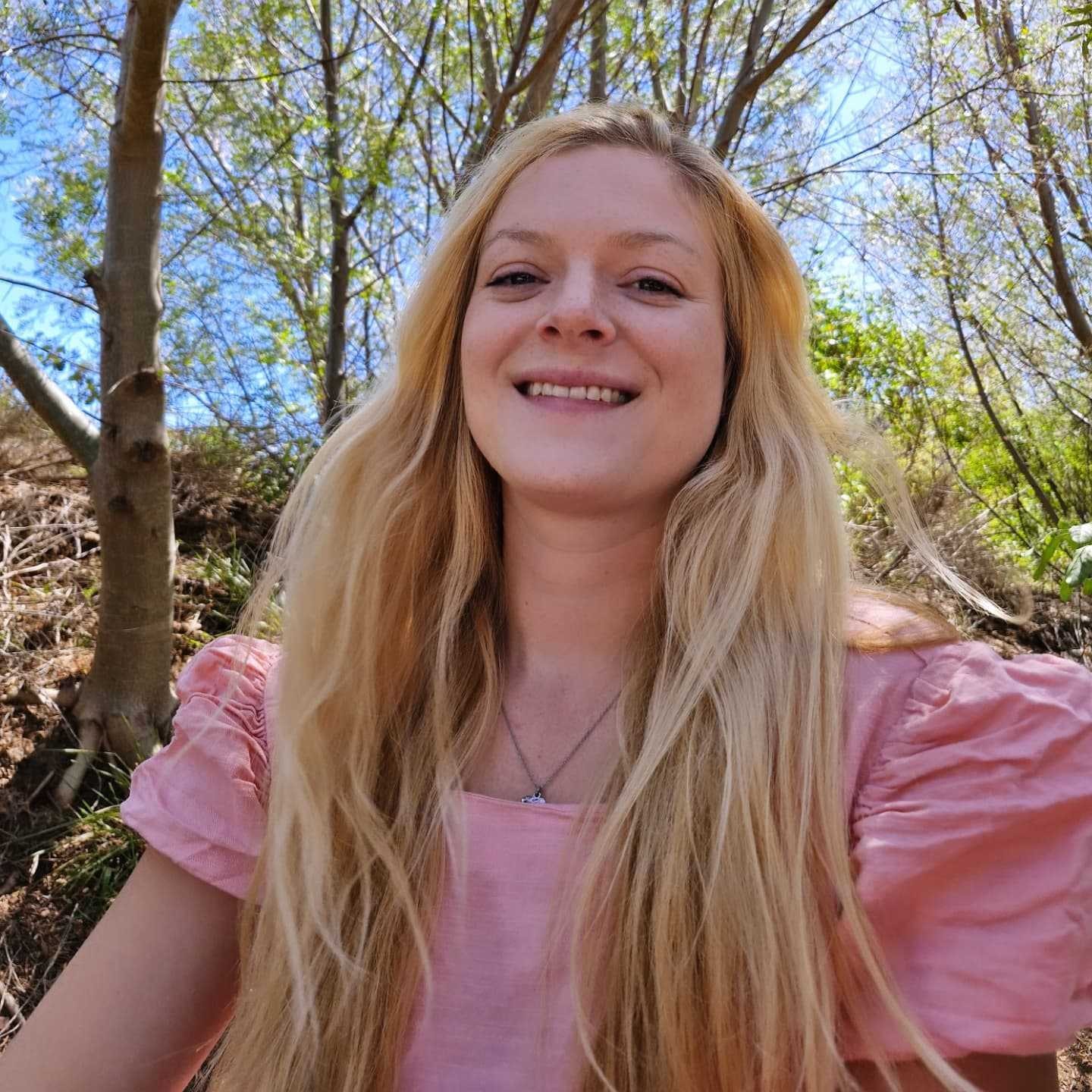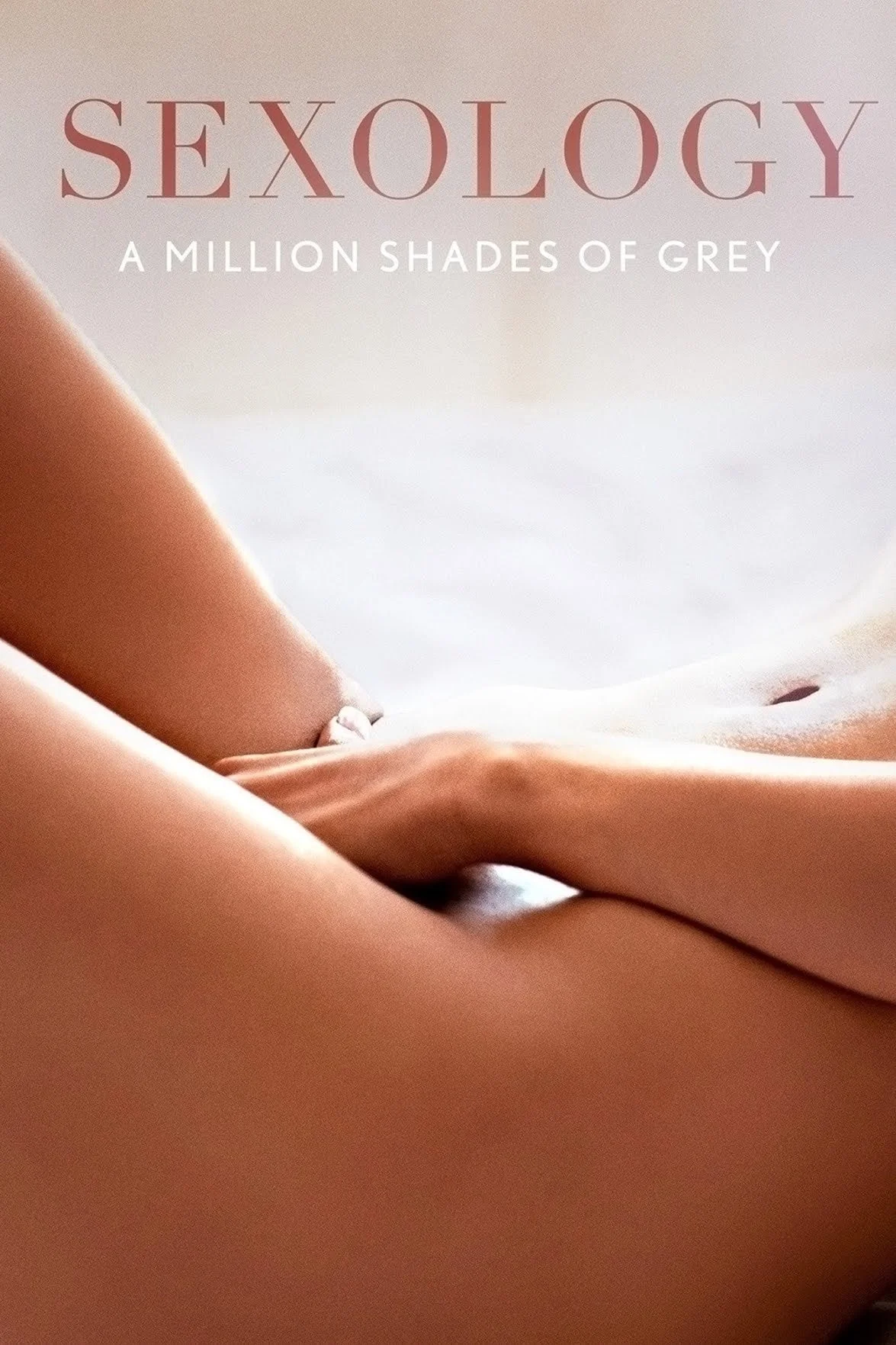Sexology Explained: A Deep Dive Into Human Sexuality
Sexology is the study of what desire actually is, how it forms, how it shifts, and why so many of us want things we don’t fully understand.
Sexology maps the internal world of arousal. It dives into how your nervous system calibrates safety and how your attachment history shapes what kind of intimacy you reach for. It also reveals how your fantasies often point to the places you’ve been silenced or overlooked.
Sexology gives you language for your erotic truth. It explains why desire fades in long-term relationships and it shows how arousal is impacted by power, presence, and pacing, and why techniques alone don’t work if the foundation isn’t there.
Lets talk about the roots of the study of sex, love, and why you want what you want.
Why Sexology Matters
Sexology matters because most women haven’t been given accurate, body-based education about how their sexuality actually works in the real, day-to-day experience of living in a female body. Understanding how arousal builds, how anatomy responds to different types of touch, and how the nervous system interacts with desire is essential.
Without this knowledge, many women end up navigating sex through trial and error, often blaming themselves when something doesn’t feel good or “work.” But when you learn sexology, you start to understand the patterns. Sexology gives language to things many women have felt for years but didn’t know how to name. And once you can name something, you can work with it. That’s what makes it powerful.
The Science of Sexology: Understanding Human Sexual Behavior
How Sexology Has Evolved Over Time
Sexology began in the late 19th and early 20th centuries as a medical and psychological study of human sexual behavior, mostly focused on pathology. Early sexologists like Richard von Krafft-Ebing and Havelock Ellis treated desire as something to be classified, corrected, or contained. For decades, the field was dominated by male researchers studying male arousal responses, with female sexuality either misunderstood or dismissed entirely.
In the mid-20th century, researchers like Alfred Kinsey and later Masters and Johnson shifted sexology into the realm of scientific observation. They brought sex out of the shadows by documenting sexual activity, arousal, and orgasm. But even then, the emphasis was still on performance: measuring lubrication, erection, and orgasm frequency, what could be seen or timed in a lab.
What was missing was context. Trauma, power dynamics, social conditioning, nervous system regulation, none of that fit into the lab.
Early Western Medicine and the Pathologizing of Pleasure
For much of Western history, sexual desire, especially in women, was framed through a medical lens of dysfunction. Female pleasure was either ignored, pathologized, or medicalized. The clitoris was routinely left out of anatomy textbooks, & vaginal orgasms were held up as the “mature” standard, while clitoral stimulation was seen as juvenile or excessive. The result is generations of women thinking their bodies were broken for needing what was biologically normal.
In the 19th century, women who expressed strong sexual desire could be diagnosed with “hysteria,” a catch-all term for any behavior that didn’t fit cultural norms of passivity or control. Physicians treated this by inducing "hysterical paroxysm," what we now understand as orgasm, without ever acknowledging it as sexual. Pleasure was tolerated only when it was stripped of meaning and disconnected from self-awareness or choice.
Even as sexology emerged as a field, early researchers like Krafft-Ebing classified same-sex desire, kink, and masturbation as forms of sexual deviance. The focus was on categorizing behaviors as normal or pathological, reinforcing a narrow vision of sexuality rooted in morality, gender roles, and reproduction.
Early 20th-Century Breakthroughs and Pre-War Sexology
The early 20th century marked the first real disruption to the silence around sex. Researchers began asking questions that hadn’t been publicly asked before: What do people actually desire? What’s considered normal? And who gets to decide?
Figures like Magnus Hirschfeld in Germany and Havelock Ellis in Britain began laying the foundation for modern sexology. Havelock Ellis explored female sexuality with a perspective that, while still bound by the biases of his time, was radically open for the era. He suggested that women had the same right to sexual satisfaction as men, a statement that directly challenged dominant medical and religious narratives.
What made this era significant was that sex was finally being studied as a part of human life, rather than a threat to it. Researchers began documenting masturbation and the diversity of erotic behavior not as problems, but as realities.
What Sexology Offers: How It Benefits Society
It helps people understand why their body responds the way it does before they blame themselves for it.
When arousal disappears or sex becomes painful, most people don’t know where to start. They internalize it as personal failure. But sexology shows how arousal is impacted by context, by safety, by memory, by how you’ve been touched before, by whether you feel emotionally attuned to or emotionally invisible.
It creates better sex by teaching pacing.
What’s often missing from sex is attunement. Most people move too fast. Touch too soon. Skip over the body's slow “yes.” Sexology trains people to read micro-responses like how a breath deepens, how the pelvic floor softens, how tension builds when someone isn’t ready.
It reduces long-term relational breakdown by offering language before crisis.
Couples rarely fall apart overnight. Sexual disconnect usually builds in silence, one person tolerating lack of intimacy, the other unsure how to name what’s shifted. Over time, it calcifies into resentment or avoidance. Sexology interrupts this process early and offers couples a way to name what’s changing without blame.
It makes sexual trauma visible without pathologizing the person who carries it.
Not every body that freezes is “traumatized,” but every person with unresolved sexual trauma has a body that remembers. Sexology brings this out of abstraction & explains why certain positions trigger a shutdown.
It reframes sexual problems as nervous system problems so people can stop trying to fix themselves through performance.
You can’t moan your way out of a dorsal vagal freeze. You can’t positive-think your way into genuine desire. Sexology draws the line between psychological readiness and physiological capacity. It teaches that desire requires co-regulation and that the body’s capacity for pleasure is built slowly.
It helps children grow up without absorbing the shame their parents never named.
The absence of sexological education doesn’t create neutrality, it creates silence. And silence has tone. Children pick up on what their parents can’t talk about, like the flinch when sex comes on TV, the disconnection between pleasure and permission, the absence of modeling around boundaries or body agency. Adults who’ve done sexological work tend to parent differently. They hand down honesty, language, and space to ask better questions.
It gives communities the tools to build accountability without shame.
In spaces without sexological grounding, sexual misconduct is either ignored or punished with exile. There’s rarely room for process. Sexology offers frameworks for understanding harm and for distinguishing between impact and intention.
It restores sexuality to the domain of body-based truth, rather than public spectacle or private confusion.
Sex has been turned into a performance for others or a mystery to solve alone. Sexology returns it to where it belongs: the body. Your body. Your signals. Your preferences, and your capacity to say yes or no, to slow down or go deeper because you can actually feel what’s true.
Reviewing Sexology: A Documentary That Breaks the Silence on Female Orgasm
A 92-minute documentary directed by Gabrielle Anwar, featuring herself and Catherine Oxenberg.
It goes straight to the core of one of the most enduring gaps in sex research: why female orgasm has been ignored, misunderstood, or quietly excluded from both medical science and mainstream culture.
The film treats orgasm as a window into how women relate to their bodies and how performance has replaced presence in most people’s early sexual experiences. The film centers women speaking plainly about the quiet grief of not knowing what real pleasure feels like.
There’s a segment that lays out the actual physiology of orgasm and what it takes for the body to even register safety. It draws a clear line between arousal and nervous system regulation, the kind of clarity that should be foundational, but rarely is.
What makes Sexology important is that it breaks the silence around why orgasm is missing for many, and what it actually takes to access it.
Ready to Practice What Sexology Taught You?
Viva La Vagina 2.0 is an online membership for women that focuses on many of the core principles of female sexology, pleasure literacy, arousal mapping, nervous system regulation, and body-based truth.
Through over a dozen guided modules, you’ll explore how your pussy communicates, how desire actually unfolds in your body, and what it takes to feel deeply at home in your sexuality. This membership offers lived sex education that helps women reconnect with sensation and discover what turns them on from the inside out.
If the study of sexology gave you language for your sexual self, Viva La Vagina gives you the practice.
Come experience what your body has been waiting for.
Join Viva La Vagina 2.0 now and start listening to the voice of your pussy.
Conclusion
Sexology offers a way to understand yourself through the lens of your erotic life. Through learning how desire forms and where it leads, many women have uncovered truths about their bodies, boundaries, and needs that were never reflected back to them throughout their lives.
For generations, women were expected to adapt to sexual dynamics that didn’t take their pleasure into account. The emergence of sexology gave shape to experiences that had gone unnamed for too long.
This field has done powerful work in restoring agency. It has given women access to tools that reconnect them with sensation and supports choice rooted in awareness. It has influenced everything from legal policy and sex education to therapeutic practice and cultural narratives around female pleasure.
Without sexology, the sexual landscape today would remain narrowed by assumption and control. Instead, we’re seeing more women step into expression with clarity and trust what unfolds in their own bodies.
FAQ
-
What is the study of sexology?
Sexology is the scientific and psychological study of sex, sexuality, and sexual behavior in humans. It covers everything from human sexual response and sexual pleasure to gender identity, relationships, and reproductive health. The field includes clinical sexology, sex education, and sex research across disciplines like medicine, neuroscience, sociology, and psychology.
The term sexology first appeared in late 19th-century Europe, with pioneers like Dr. Magnus Hirschfeld, founder of the Scientific Humanitarian Committee, who advocated for sexual reform, supported homosexual and transsexual rights, and developed one of the first institutes for studying human sexuality. His work laid the foundation for modern sex research and services that now support clients around the world. -
What is the meaning of sexology?
Sexology is a field dedicated to understanding how human sexuality functions across age, culture, and history. It examines how gender, identity, emotional connection, and social influence shape sexual experience.
Modern sexology explores taboo-breaking questions, like why the female orgasm has been misunderstood for decades, how psychological theory has pathologized homosexuality, and what role education plays in shaping healthy sexual development from child to adult.
Meet Your Author

Danelle Ferreira
Danelle Ferreira is a content marketing expert who writes for women-owned businesses, creating heart-centered content that helps brands grow and messages spread with purpose. Her passion is helping women-led brands craft stories that move people. Her journey into content creation began seven years ago when she launched Ellastrology, an astrology YouTube channel that explored astrological wisdom and human connection. But it wasn’t long before she realized her true calling was in writing, the kind that makes people feel seen, heard, and understood. Now, as a mom, a writer, and an advocate for deeper conversations, she spends her days crafting content that empowers women while staying rooted in authenticity, all from her home in South Africa, surrounded by her loving son, two noisy parrots, and two sweet dogs.






Discover how Polyvagal Theory explains your body's response to safety, threat, and intimacy. Learn how the vagus nerve affects arousal, trauma, and connection.